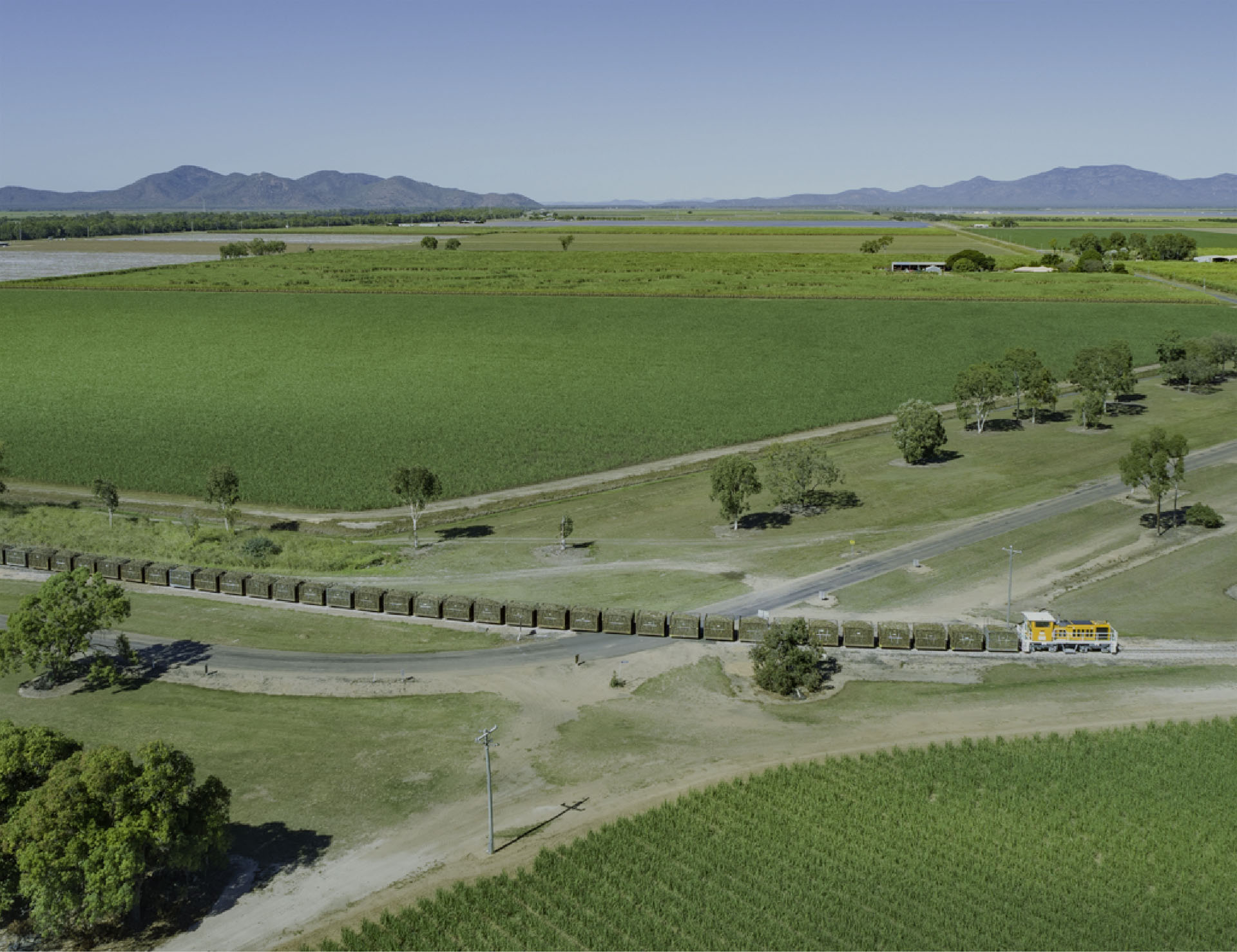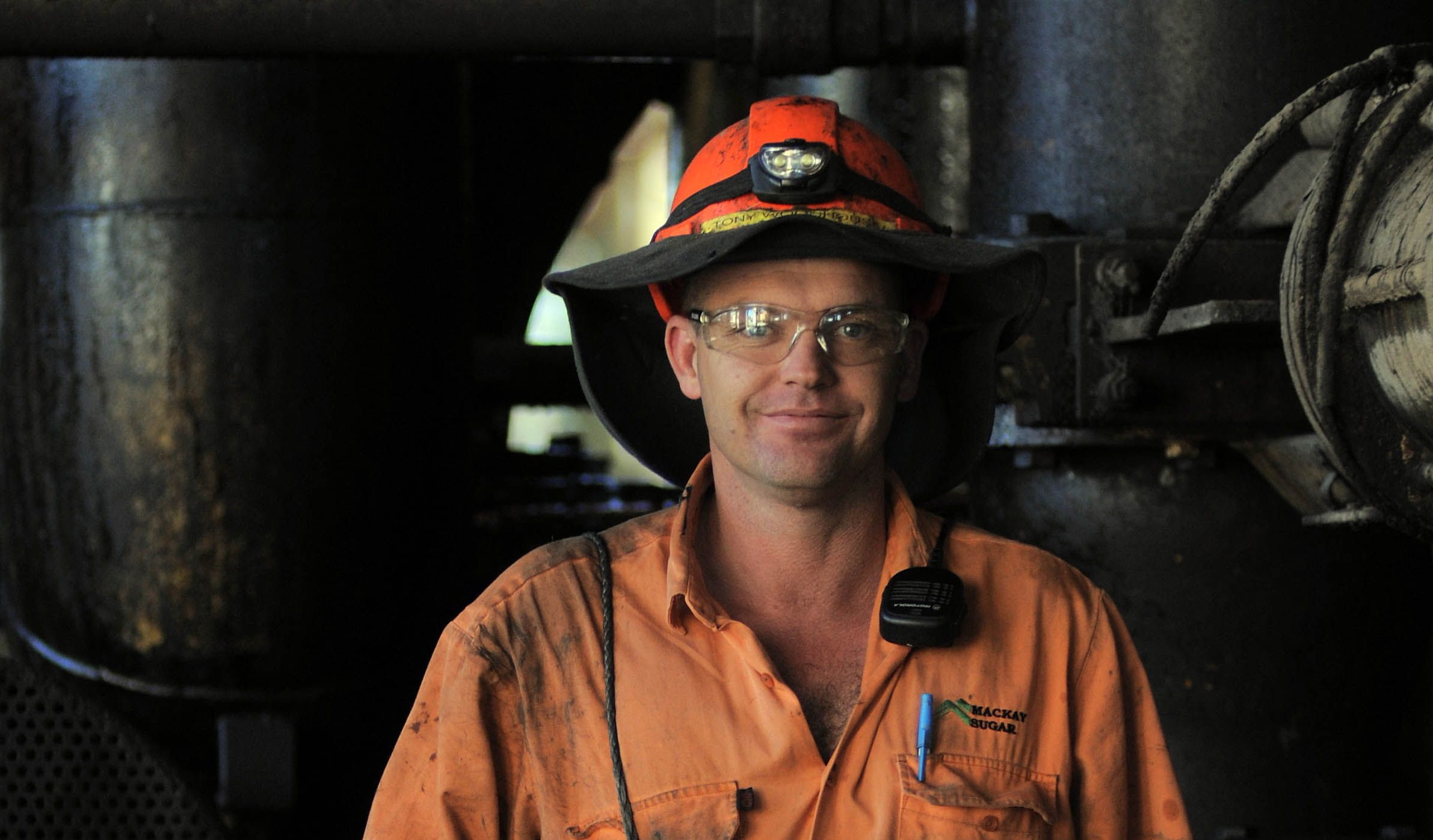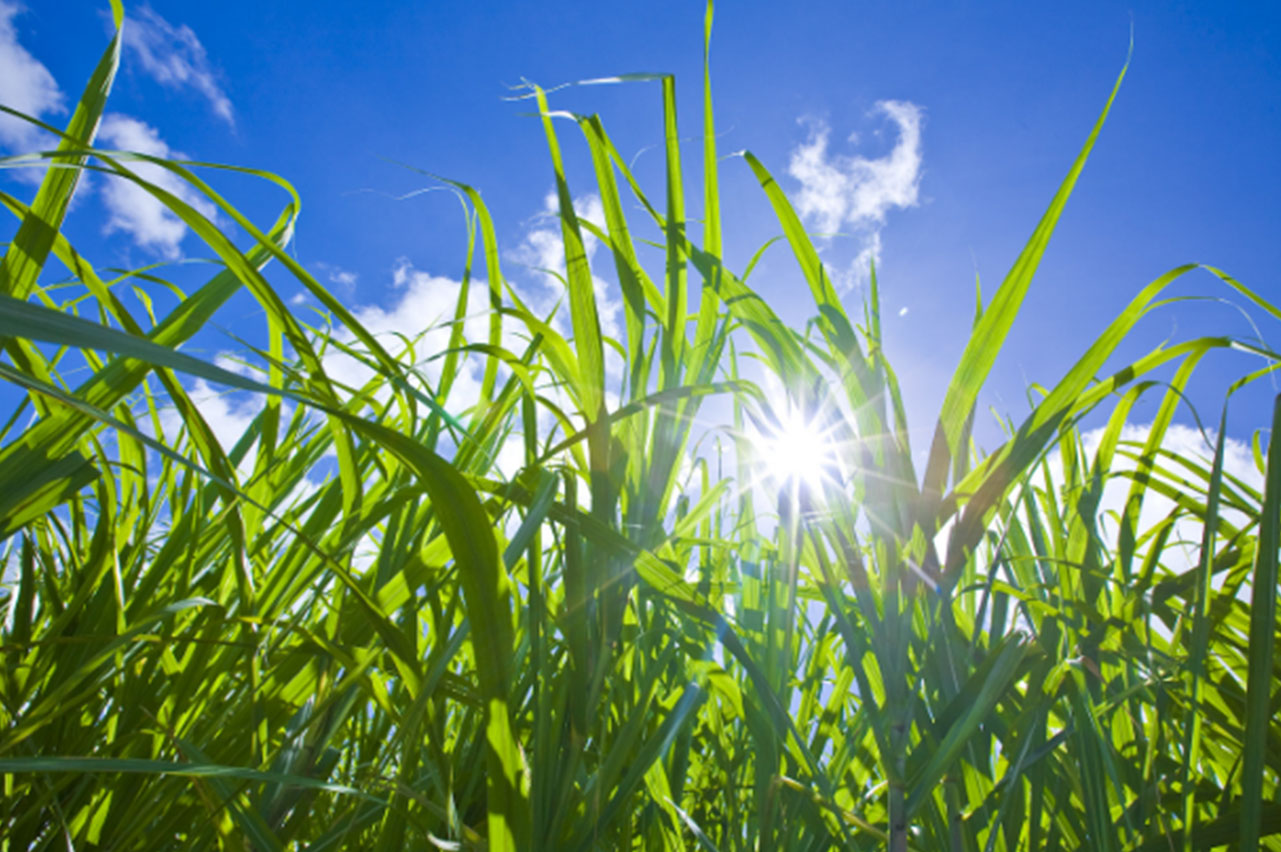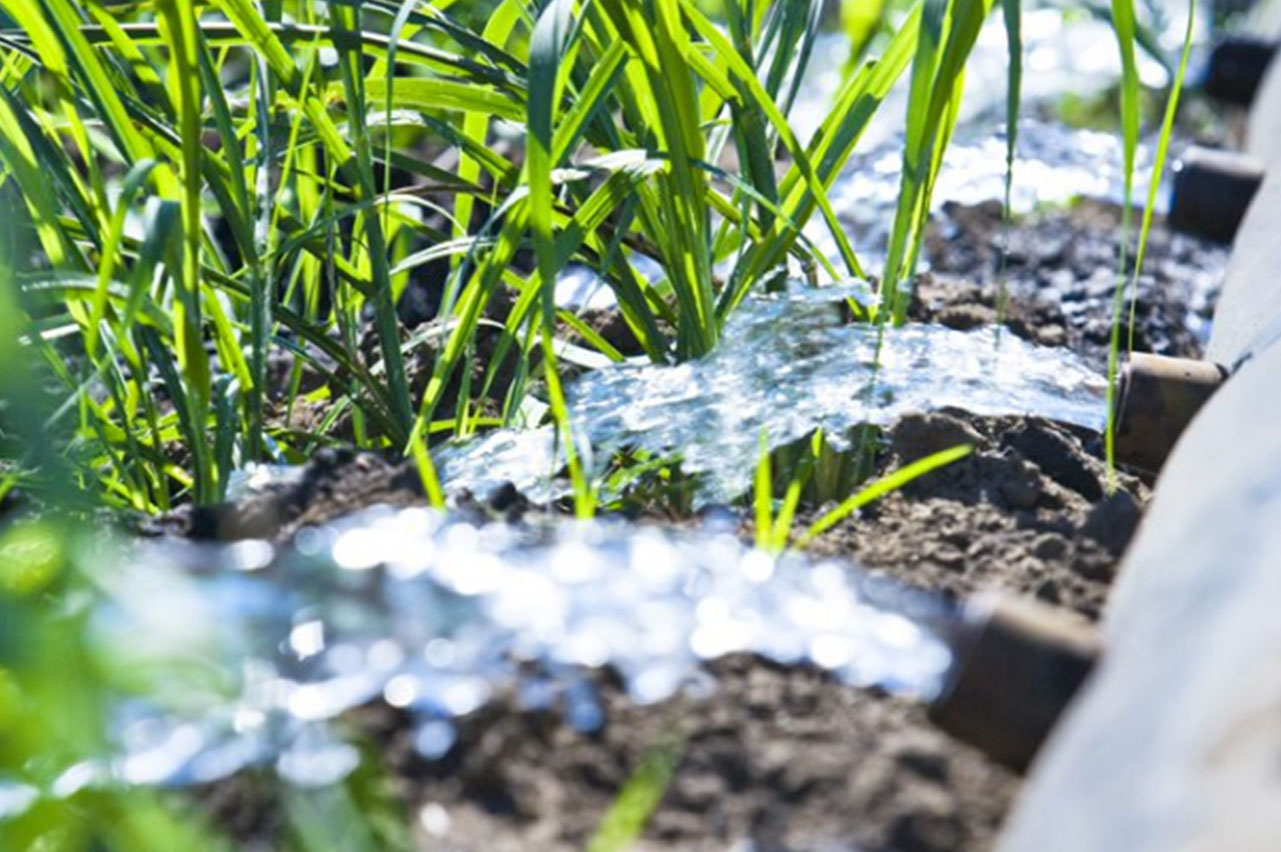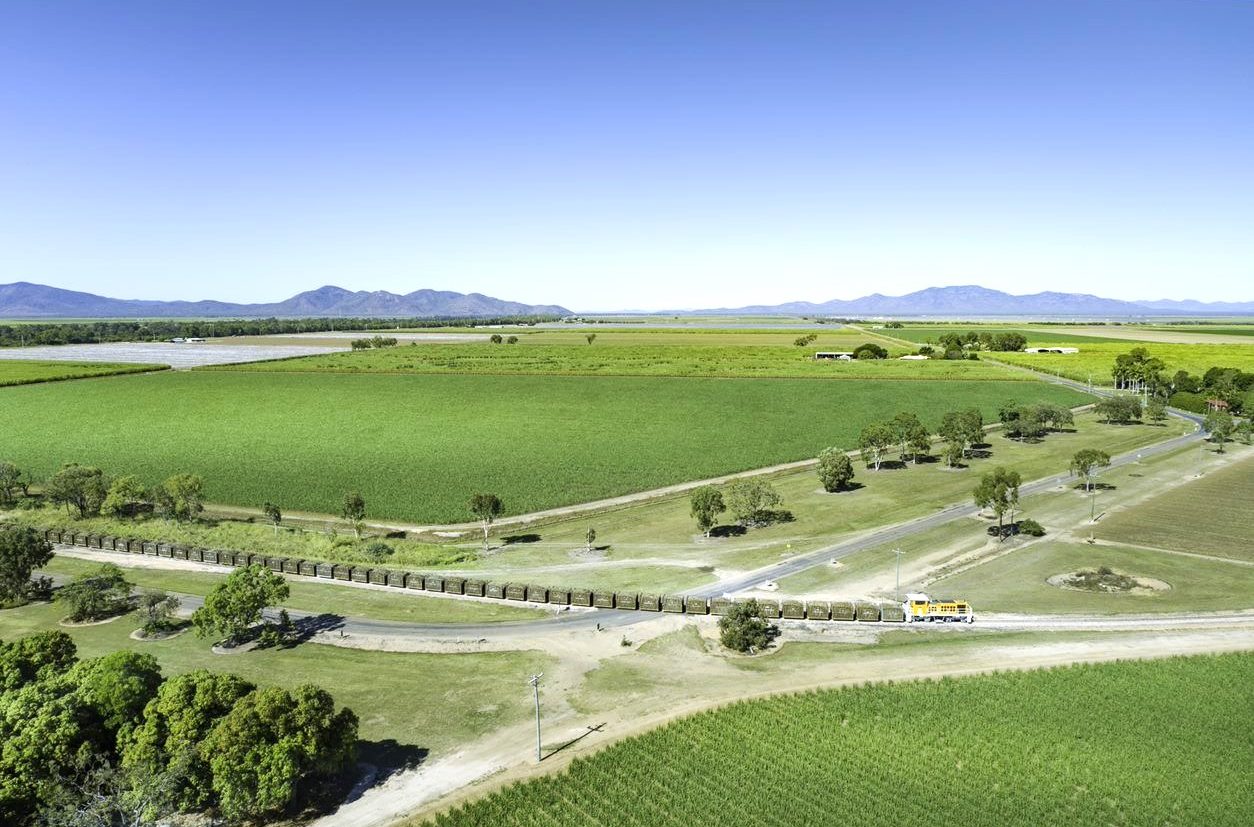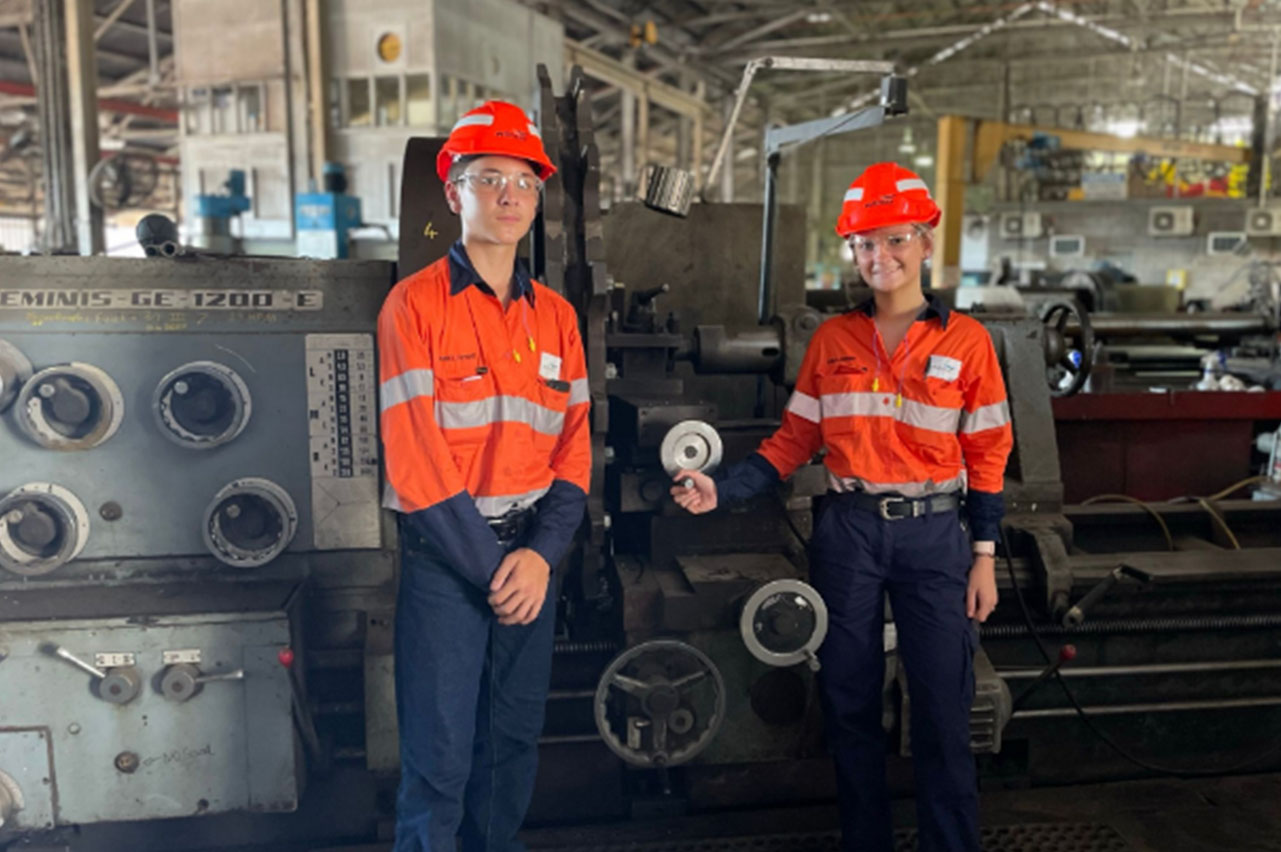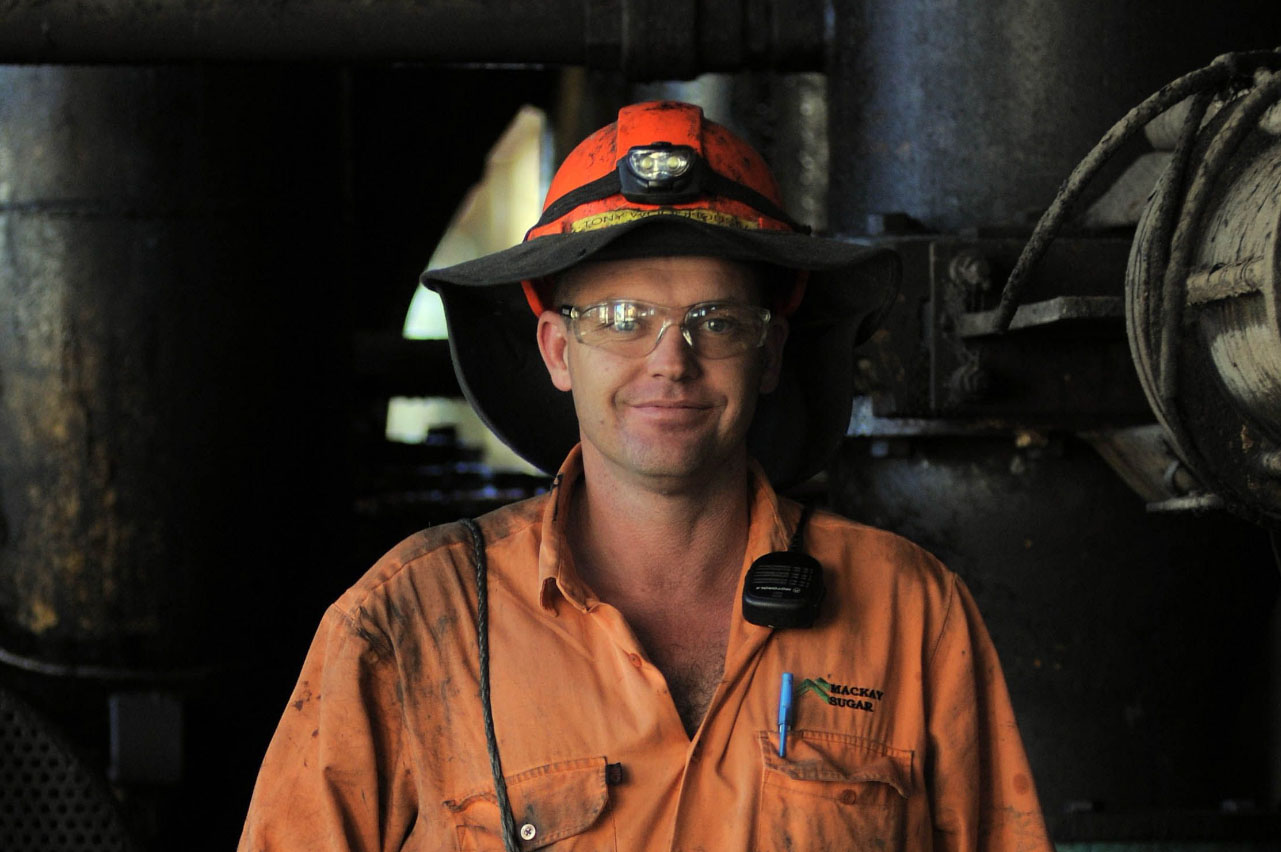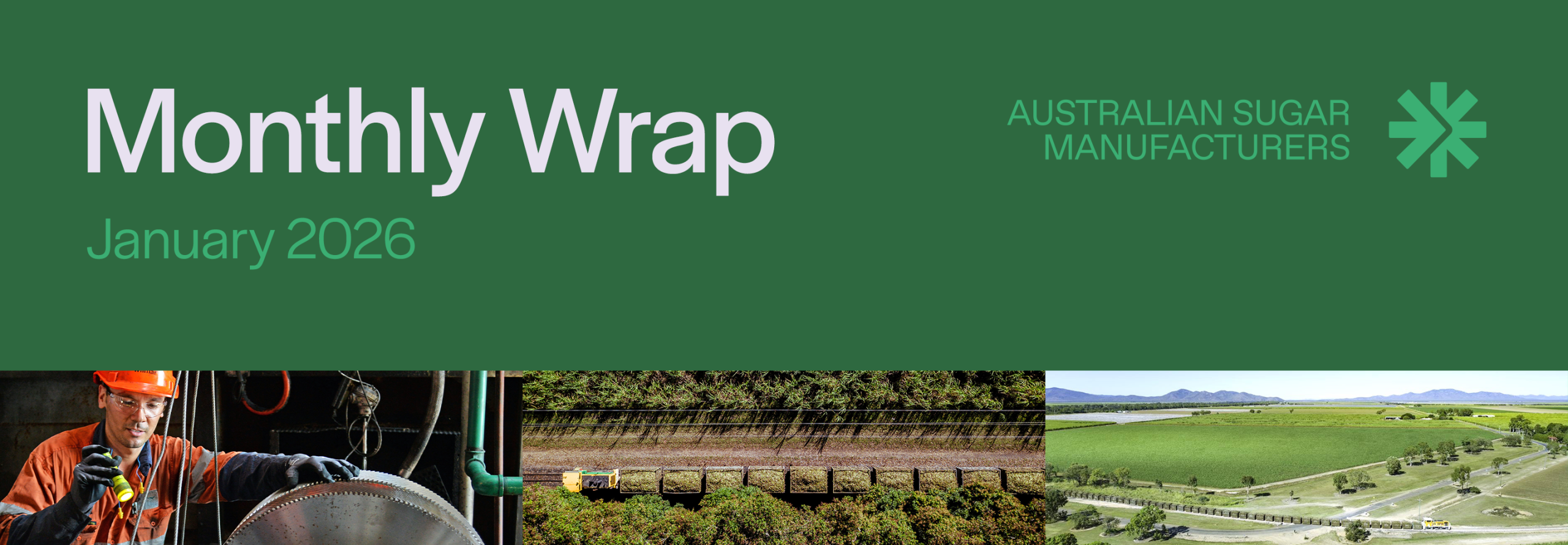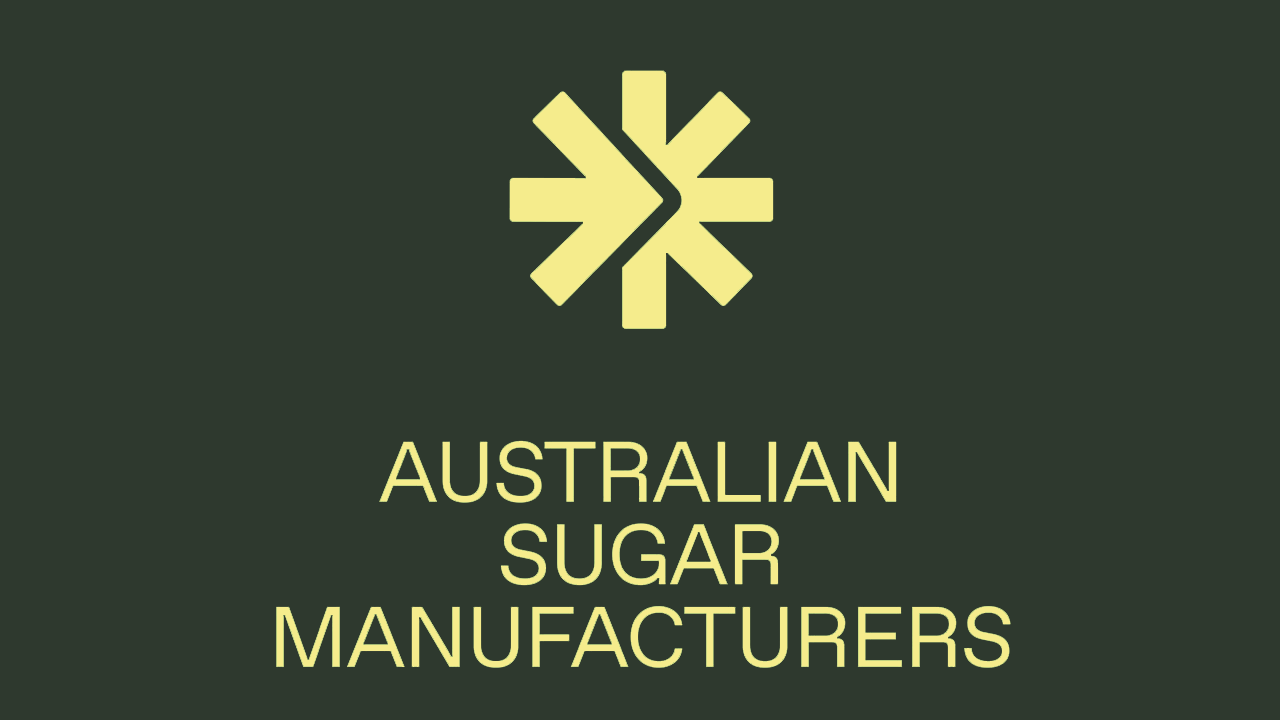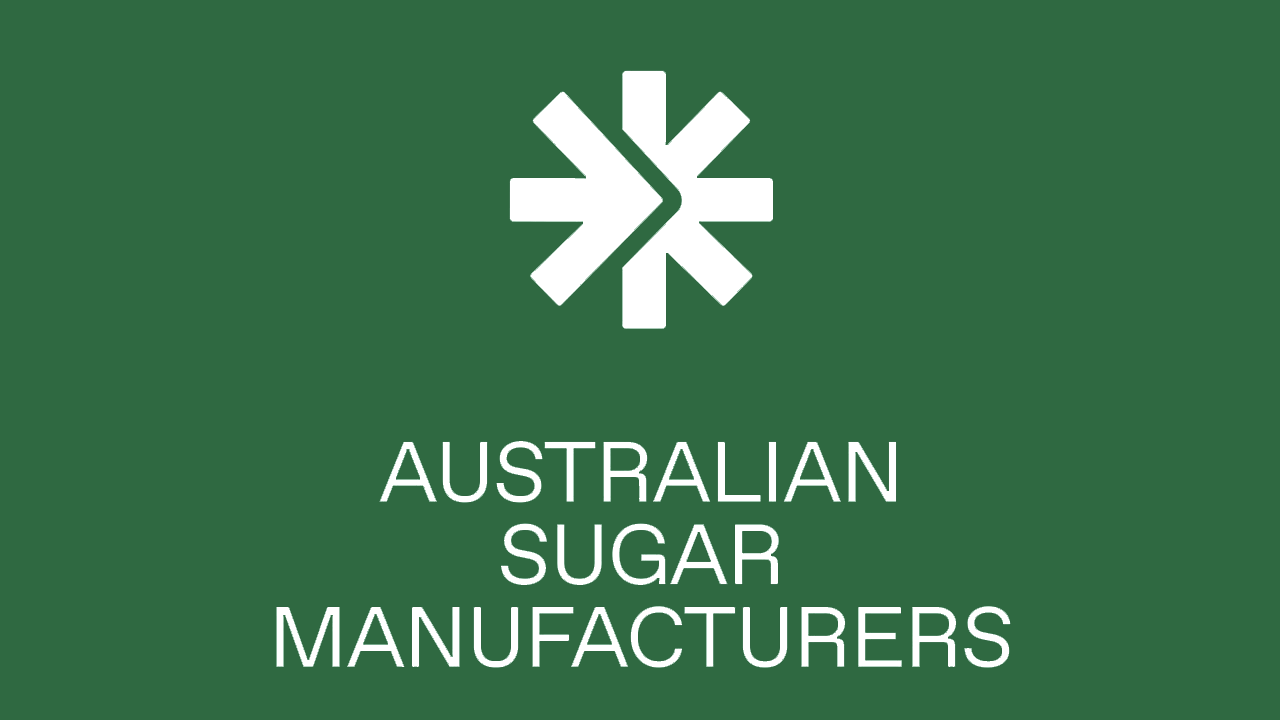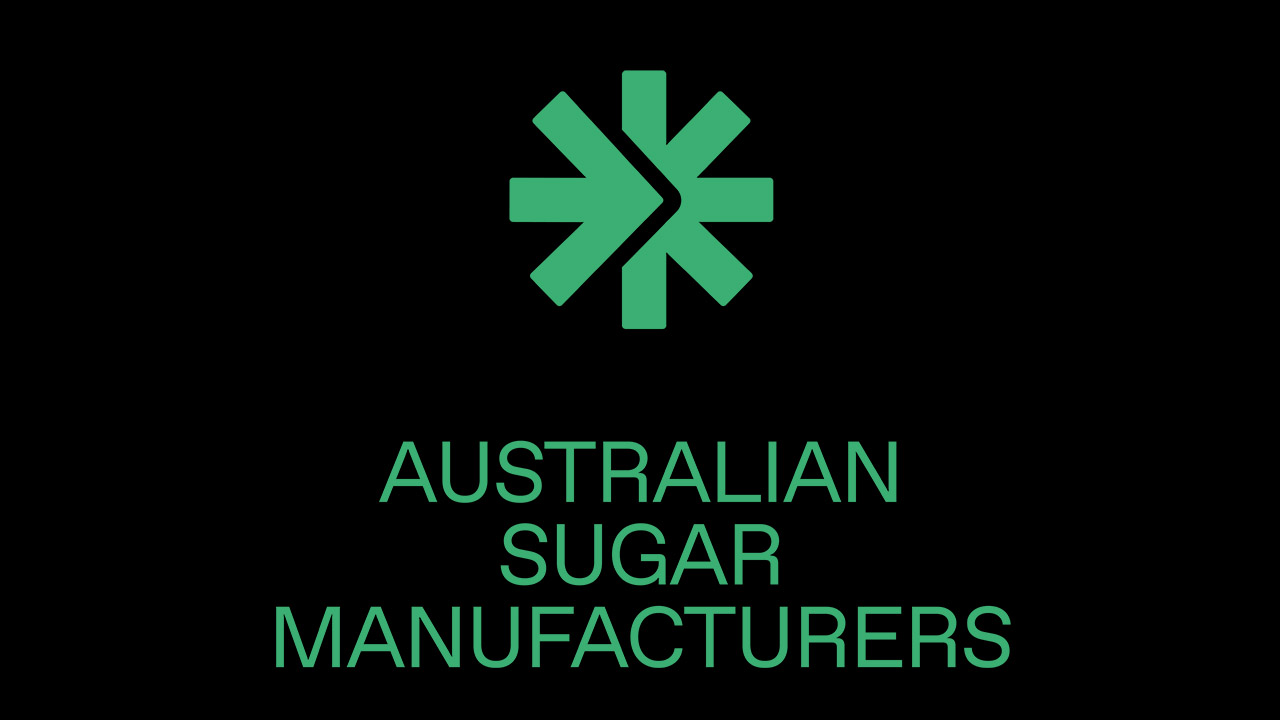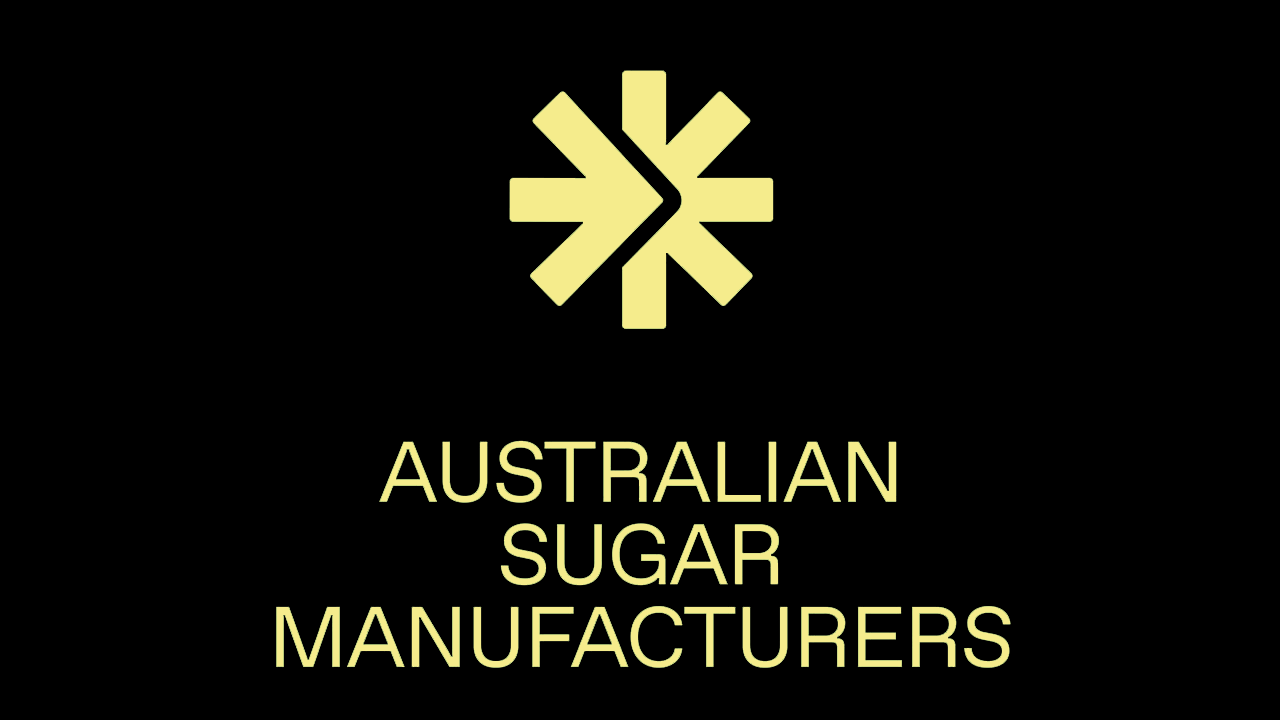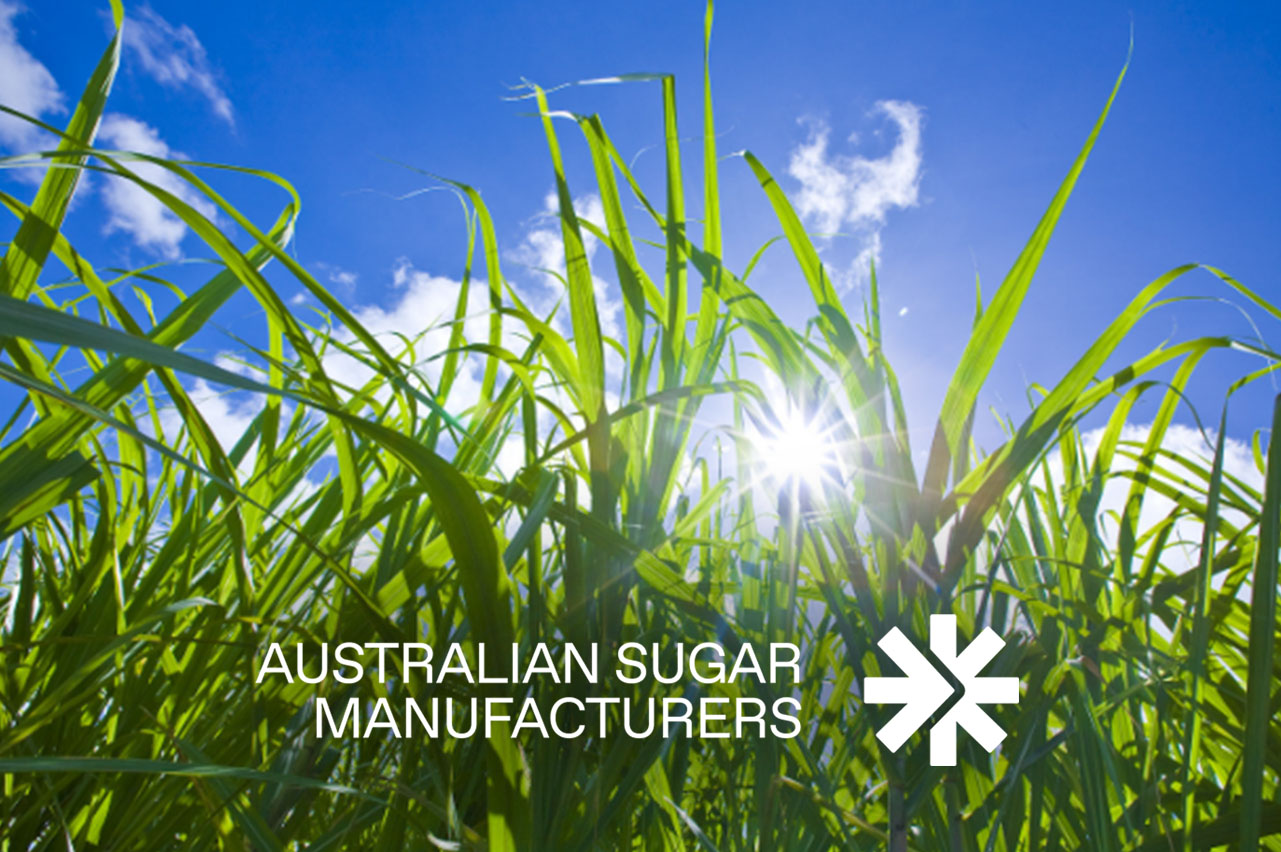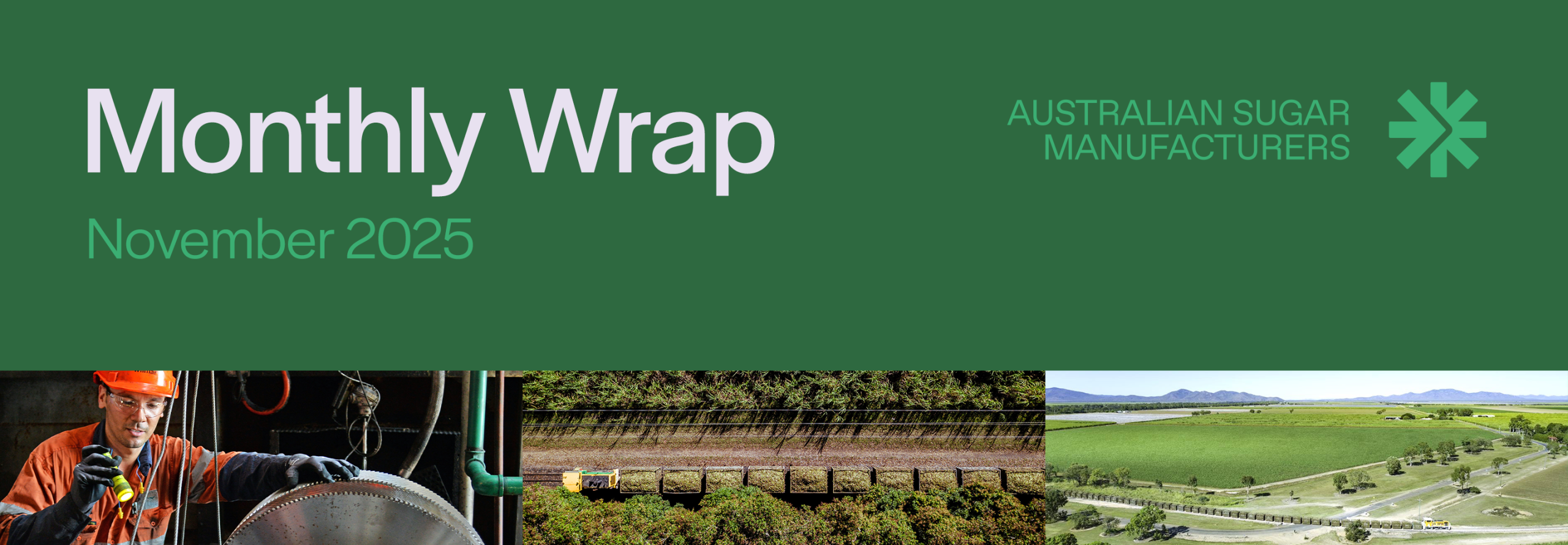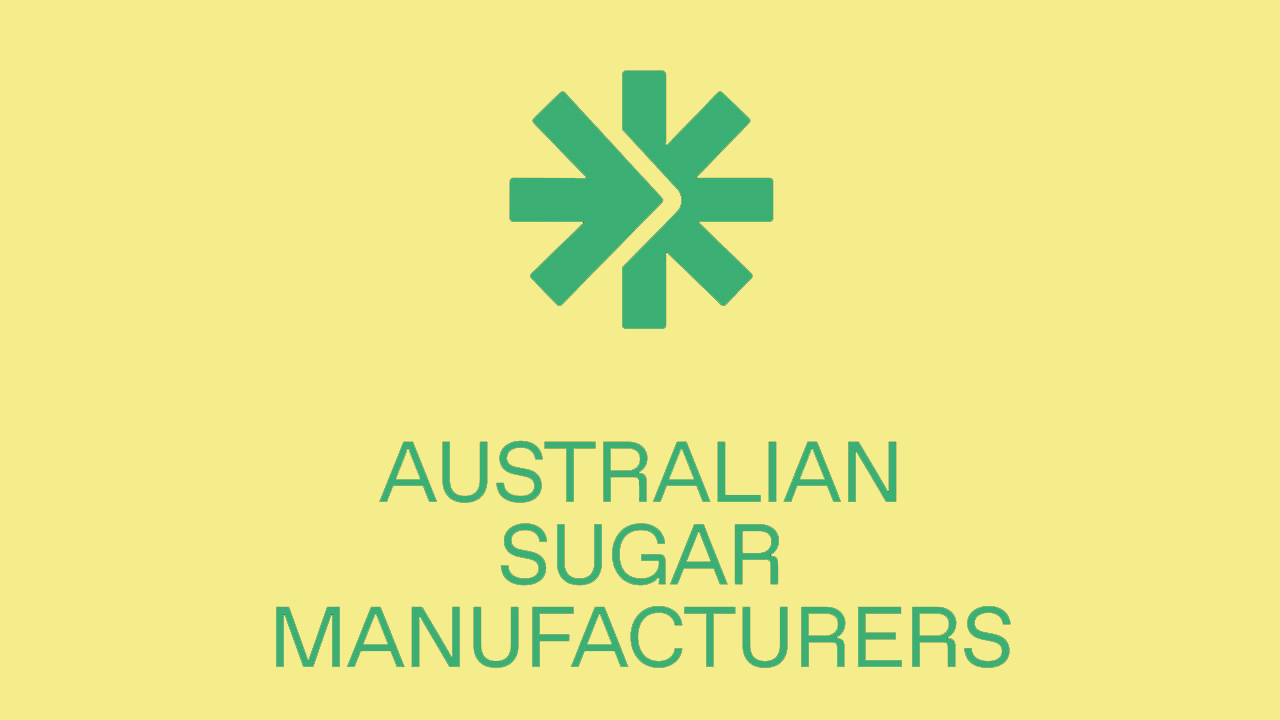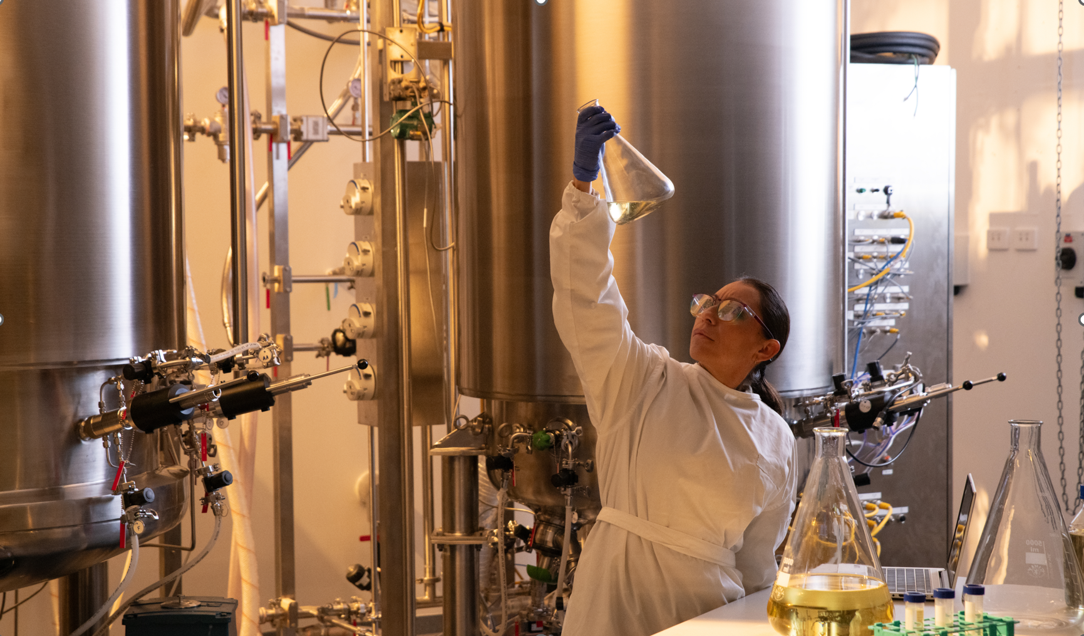Australian Sugar Manufacturers (ASM) today submitted its 2026 – 2027 Pre-Budget Submission to the Federal Government, calling for urgent and coordinated government action to secure a sovereign Australian manufacturing capability that underpins food production, renewable energy and low-carbon liquid fuels.
ASM’s submission outlines a nationally significant opportunity to leverage Australia’s sugar manufacturing sector to deliver food, biofuels, biogas, renewable electricity and advanced biomanufacturing products. This agenda can transform regional economies and create thousands of jobs across Queensland.
The sugar manufacturing sector has the capacity through biodiversification to deliver up to 800MW of baseload renewable electricity (equivalent to the Callide B Power Station – one of the largest generators in Queensland), produce enough biofuels to meet around one-third of Australia’s domestic aviation fuel demand, and unlock further opportunities in biogas and biomanufacturing.
Australian Sugar Manufacturers Chief Executive Officer, Mr Ash Salardini, said the opportunity is real, viable and immediate – but not guaranteed.
